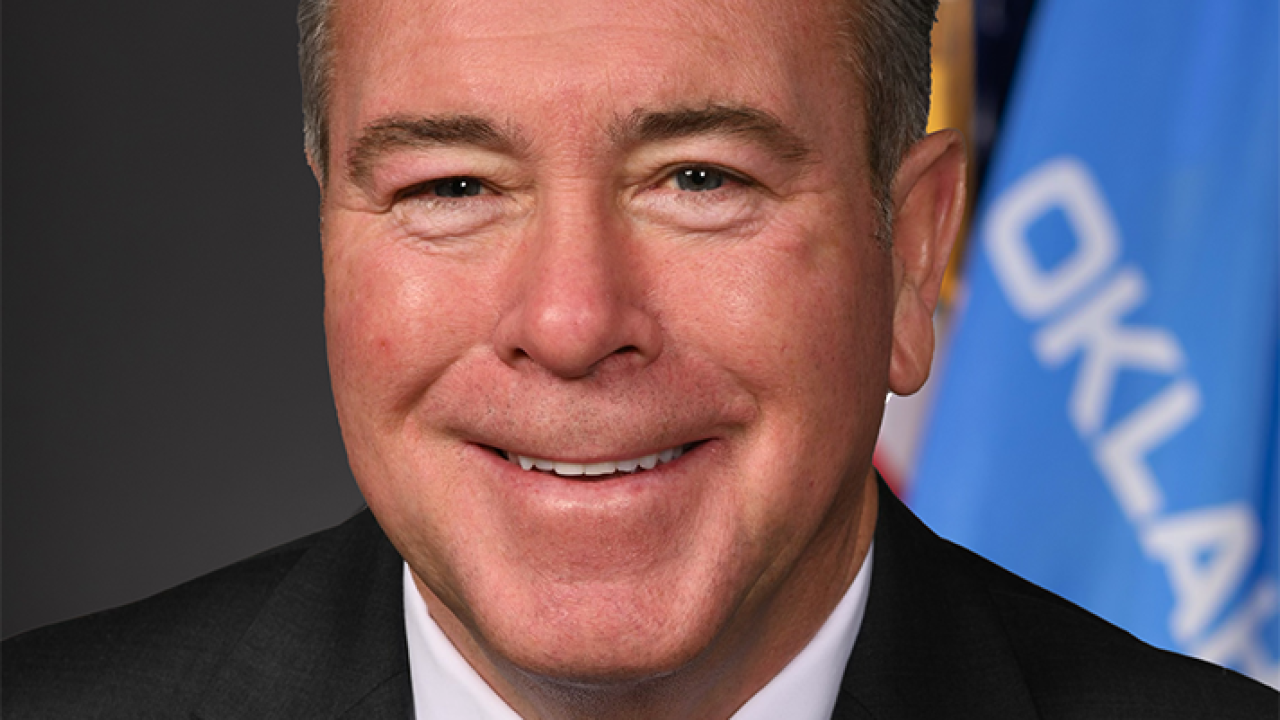The Dormitory Authority of the State of New York has had a lively year after surviving an effort in Congress to eliminate one of its major missions.
In the weeks before Congress passed a tax bill in late 2017, the

DASNY finished the first half of 2018 as the nation’s second largest issuer with $3.2 billion in bonds sold through 12 deals, according to Thomson Reuters data. The active volume in the first six months included multiple tax-exempt deals involving private activity bonds for higher education and healthcare clients that would not have been possible had Congress axed PABs.
“This year there continues to be a need for capital,” Gerrard Bushell, DASNY president and CEO, said in a statement. “DASNY is continually evolving so we may better deliver for our clients and the State of New York.
DASNY’s first-half volume featured $2.86 billion of tax-exempt issuance and $310.1 million of taxable bonds, according to Thomson Reuters. The agency used $917 million of proceeds from the first six months toward higher education.
DASNY also performs another of other bond financing functions for New York's state government, including issuing personal income tax-backed revenue bonds.
Bill Rhodes, a partner in Ballard Spahr LLP’s Public Finance Department who is leader of the firm’s education industry team, said higher education borrowing has been strong nationally this year considering how heavy the 2017 volume was and that advanced refundings are no longer permitted under the updated tax bill. He said preserving PABs was crucial to allow private colleges the ability to save on borrowing costs given how they are pressed with many other escalating costs.
“It’s critical that the ability to issue PABs for higher education remains since it continues to be typically their lowest cost of capital," said Rhodes. “In an era when schools are looking closely at their budgets and seeking ways of being more sustainable, getting access to a lower cost of capital is part of that effort.”
Before the federal tax law was nailed down, when PABs appeared to be at risk, DASNY
Rhodes said that despite the increasing challenges colleges face, he does not foresee a slowdown in bond issuance because of the many capital projects that need to be tackled. He said some schools may also consider taxable bonds as an alternative or explore hybrid deals.
“Higher education continues to be one of the most resilient sectors in the public finance market,” said Rhodes. “They have huge infrastructure needs.”
DASNY has sought to tackle infrastructure improvements at private colleges this year including a
“These bonds are funding projects that are keenly needed now and vital to NYU’s academic future,” NYU Executive Vice President Martin Dorph said in a statement. “This is an investment in sustaining NYU’s academic excellence and trajectory.”
DASNY’s busy first half also featured a $325 million bond deal for Columbia University on May 1 that will help facilitate the design, construction and renovation of science and health care facilities. The transaction will help the Ivy League college upgrade and expand its CNI Nanofabrication Clean Room located at its Engineering School. The borrowing is also fueling additional space for academic and support services at Columbia’s Jerome L. Greene Science Center, for which DASNY issued $50 million of green bonds in April 2016.

DASNY got the second half of the year off to an active start with 12 deals between July 11 and July 26 totaling $2.4 billion. The big volume month was highlighted by a $685 million hybrid transaction
The Montefiore deal was offered as a $309 million tax-exempt series and a $376 million taxable series. Montefiore also issued $482 million of bonds and in total raised $1.17 billion in the capital market, according to DASNY.
Bushell said the hybrid tax-exempt/taxable financing structure allowed Montefiore’s financing to appeal to a larger range of investors. He noted that clients like Montefiore are able to receive enhanced financial flexibility through a hybrid financing strategy for projects that incorporate private use thanks to the recently launched “One DASNY” initiative.
“Through our internal One DASNY initiative, we have modernized our processes, enabling DASNY to serve our clients with greater flexibility and quicker execution of their financial transactions,” said Bushell, who a former senior relationship advisor in BNY Mellon’s alternative and traditional investment management businesses. “By offering a hybrid tax exempt/taxable financing structure, we are better able to deliver for our clients when they head to the market.”
Since Gov. Andrew Cuomo appointed him to lead DASNY in the spring of 2015, Bushell has overseen $25.22 billion of issuance through 103 transactions. One of his first moves was to overhaul DASNY’s borrowing process to enable borrowers with at least a single-A rating the ability to move to the market faster and reduced scenarios where debt-service reserves are required.
The flurry of transactions DASNY has led in the past year solidified its position as one of the one of the largest municipal bond issuers in the U.S. The conduit, which was founded in 1944, now has an outstanding bond portfolio north of $50 billion. It has expanded well beyond its original purpose of financing dormitories at 11 state teachers’ colleges.





